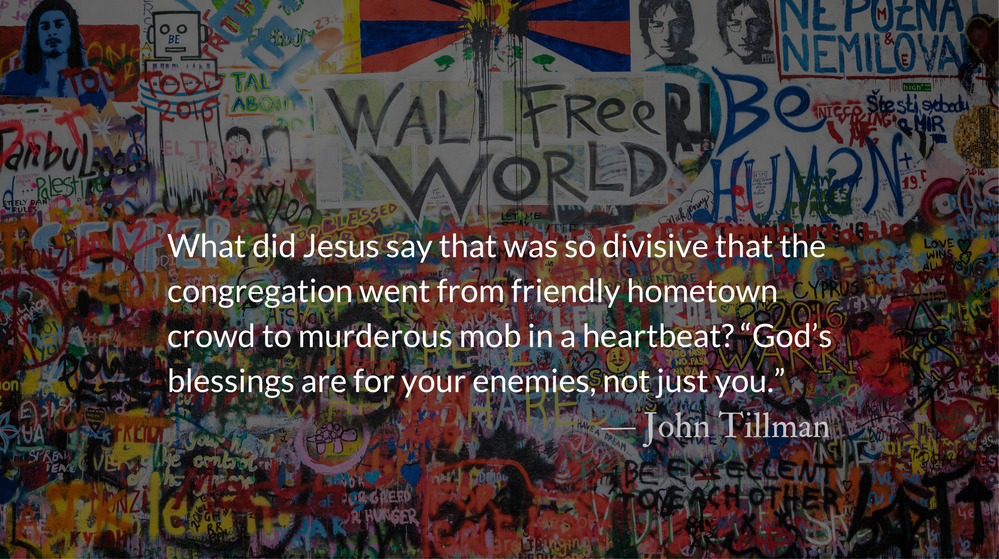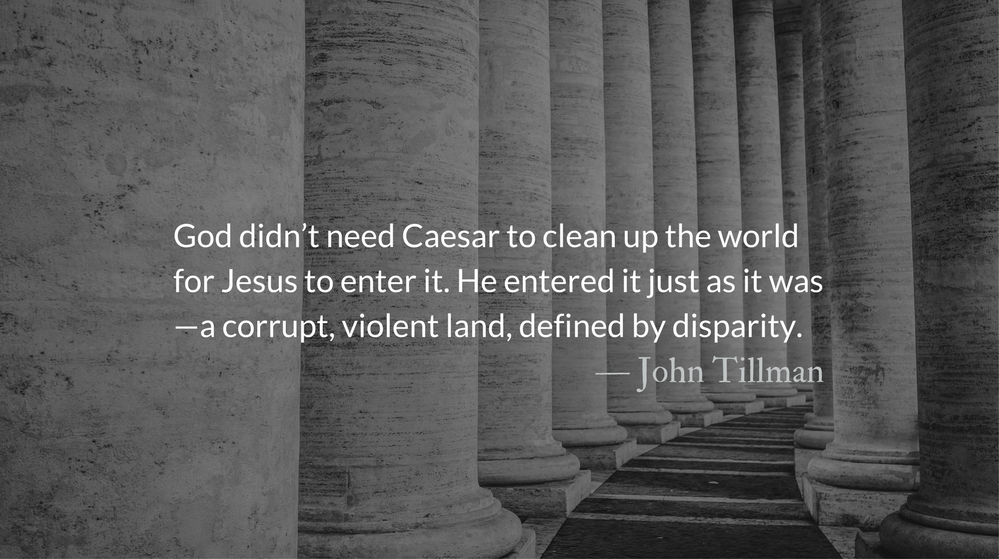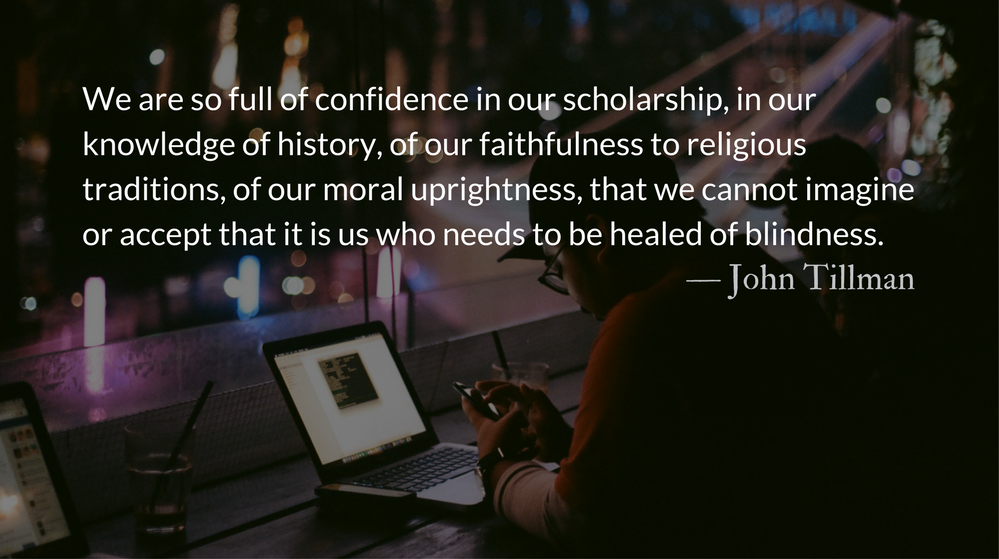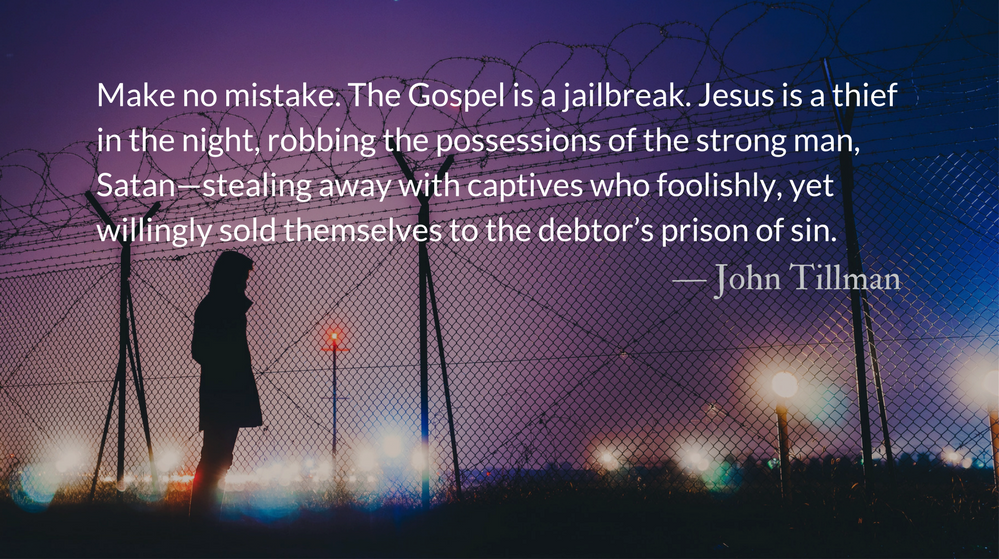Scripture: Acts 8:18-19
When Simon saw that the Spirit was given at the laying on of the apostles’ hands, he offered them money and said, “Give me also this ability so that everyone on whom I lay my hands may receive the Holy Spirit.”
Reflection: Not for Sale
By Jon Polk
Simon was a big deal in Samaria. They called him “The Great Power,” a title befitting a god, attributing to him divine power. Simon was a sorcerer, a magician. No, not like Gandalf or Harry Potter or David Blaine – magic in the ancient world was generally used in a negative context to describe counterfeit demonstrations of supernatural power, either performed by trickery or by tapping into some evil spiritual source.
Simon was convincingly good and insanely popular. Whether just a persuasive huckster or actually connected with some demonic force, he had captivated the whole city and people were amazed at what he could do.
In yet another example of the Gospel of Jesus reaching the most unlikely of recipients, Simon the Magician, like many of the citizens of Samaria, was captivated by Philip’s preaching. He believed the message of Jesus, was baptized and began to follow Philip around.
However, Simon couldn’t completely shake his past. Magic in the ancient world was utilitarian, viewing the spiritual dimension as a commodity that could be bought or sold and used for one’s own personal gain. A magician sought to control or manipulate spiritual forces.
Sadly, for Simon, the lure of his old life was too strong a temptation. When Simon witnessed Peter and John laying hands on the other believers and delivering the Holy Spirit to them, he offered money hoping to purchase this ability to be a conduit of the Holy Spirit.
Peter’s response calls out the sin in Simon’s heart, the attitude that divine power can be acquired for a price and used to manipulate people and situations. Simon wanted to purchase what was supposed to be a free gift. You don’t pay for a gift. However, the underlying attitude is that when I pay for something, I can control it.
You can’t control the gift of God. You can’t manipulate the Holy Spirit into doing your bidding.
Simon believed in the good news and was baptized but he didn’t completely let go of his old ways of thinking and living. Instead of giving himself completely to serve God, he thought that God’s power existed to serve him. Like Simon, we often want God’s power to benefit us, but God’s power in us is always intended to bless and benefit others.
The Refrain for the Morning Lessons
Purge me from sin, and I shall be pure; wash me, and I shall be clean indeed. — Psalm 51.8
– From The Divine Hours: Prayers for Autumn and Wintertime by Phyllis Tickle.
Full prayer available online and in print.
Today’s Readings
Ezra 8 (Listen – 5:40)
Acts 8 (Listen – 5:10)











